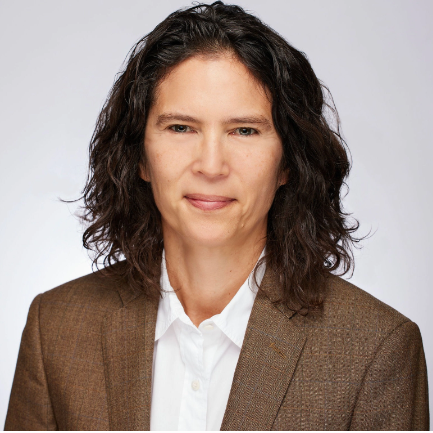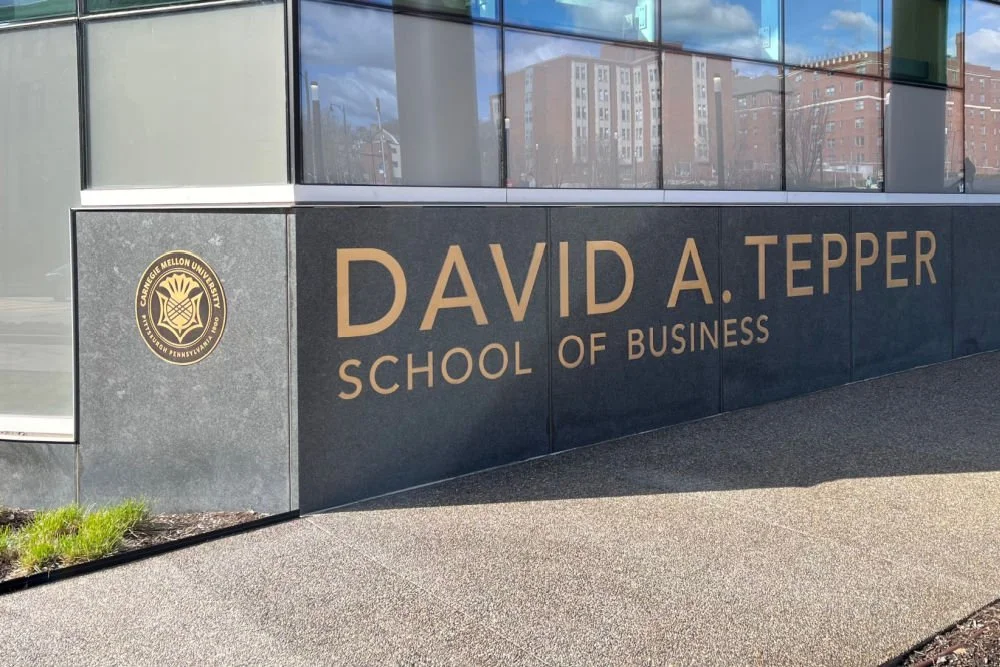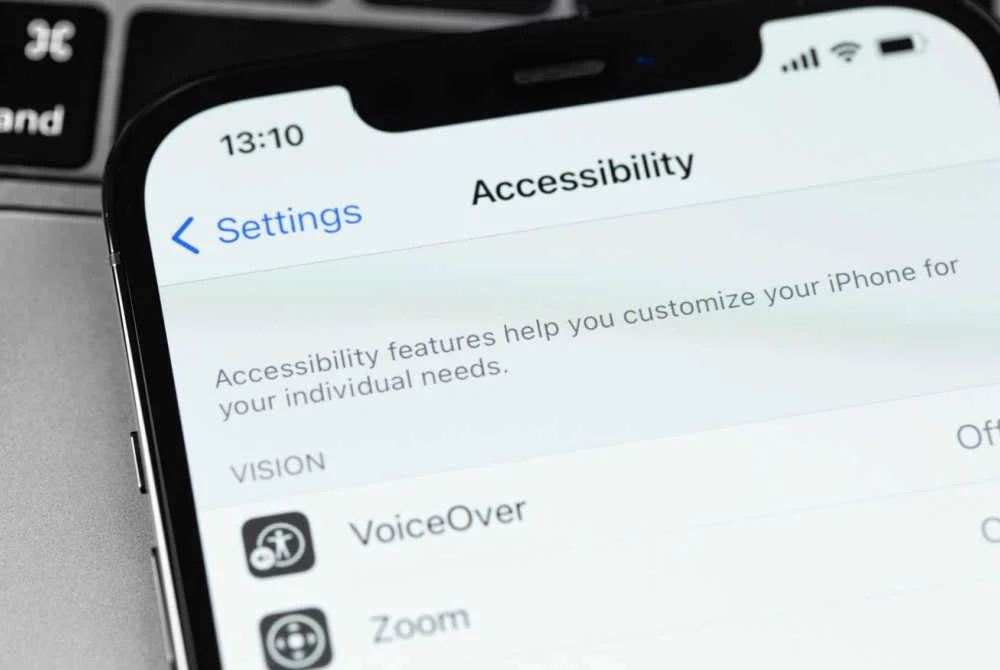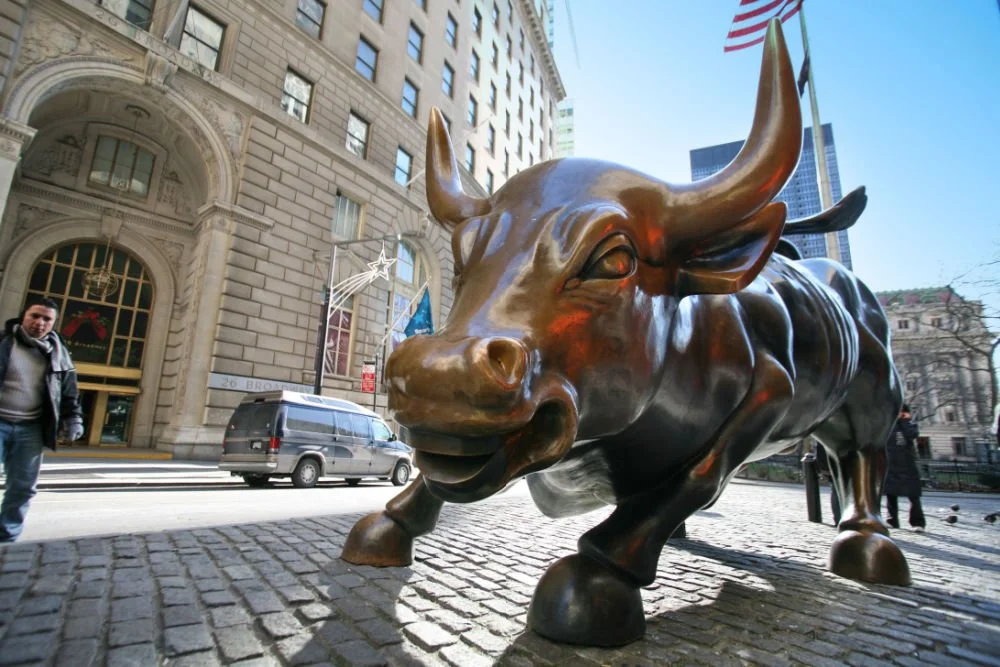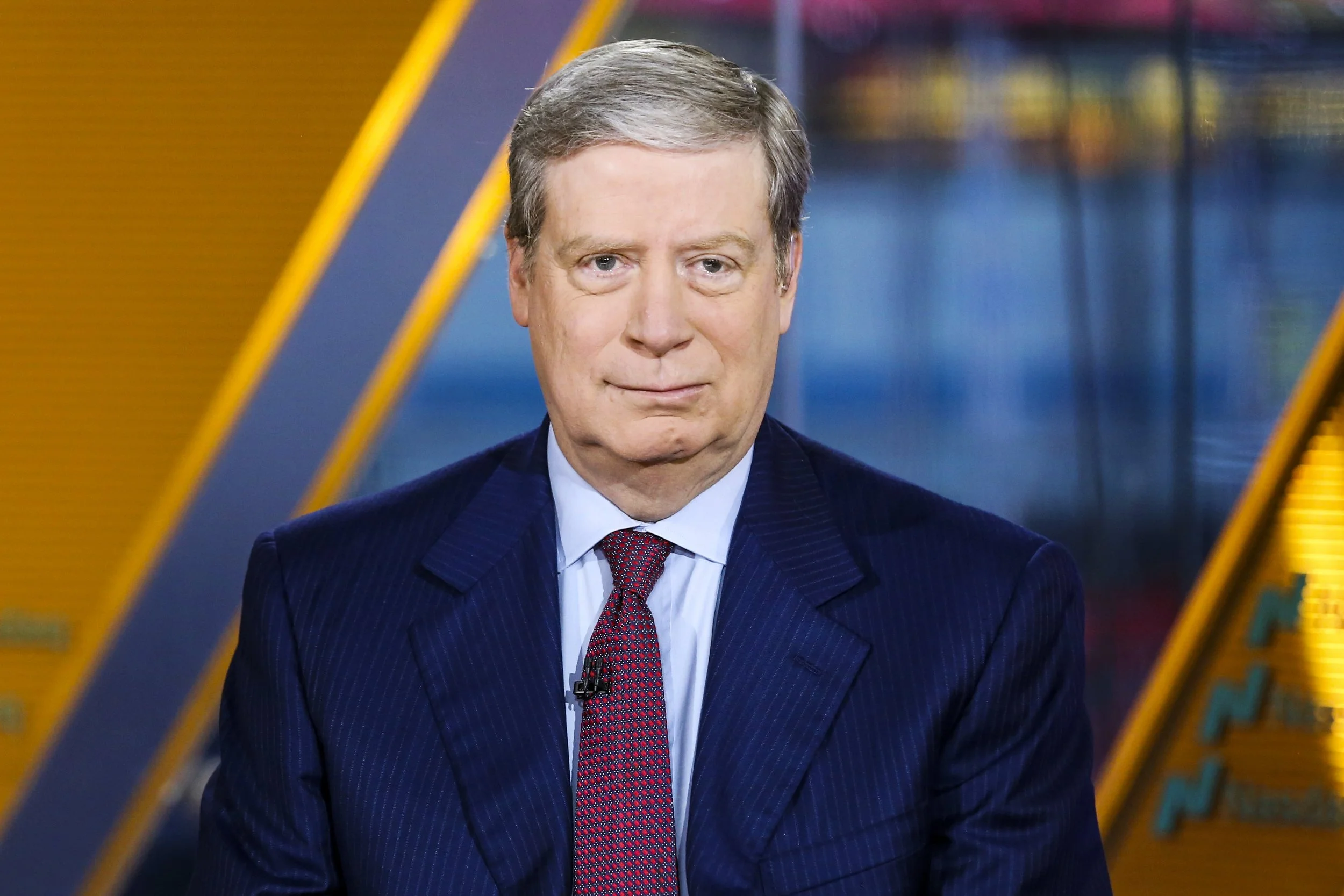Venture for America: What Donors See in a Nonprofit That Backs Young Entrepreneurs
/Educated people are leaving rural states much more quickly than they are being replaced, as a recent Economist article highlighted, fueling a heartland “brain drain.” The same article noted that people who move to California are 20 percentage points more likely to be among the most educated third of Americans than are people who leave it.
Launched in 2011 by Andrew Yang, a tech entrepreneur and current Democratic presidential candidate, Venture for America (VFA) aims to reverse some of these numbers. The nonprofit has been called a “Teach for America for entrepreneurs,” and provides a fellowship program for recent college graduates who want to become startup leaders and entrepreneurs. Instead of working in New York or Silicon Valley, VFA works in cities like Cincinnati, Pittsburgh, Detroit, Kansas City and St. Louis. The young nonprofit has pulled in support from places like the Knight Foundation, the Evan and Tracy Segal Foundation, and billionaire Dan Gilbert. According to tax records, contributions to VFA more than doubled between 2017 and 2018 to $6.2 million.
Most recently, funders have swung behind VFA to back a new initiative called Operation 3 to 300 that will help 300 women and people of color to launch businesses by 2021. Uber and UBS have both signed on as sponsors of the initiative and have committed $1 million to the effort.
I recently caught up with current VFA CEO Amy Nelson at Social Innovation Summit 2019 Los Angeles, and later with VFA board members and supporters Randy Rubin and David Liu. In these conversations, I found out more about the young organization, and how it has been able to activate philanthropy to support its mission of galvanizing entrepreneurship away from the coast.
A first-generation college student raised in a small town outside of St. Louis, Nelson’s work with VFA is personal. She headed west to attend Claremont McKenna College in suburban Los Angeles. The move represented a huge opportunity. “At the time, I wanted to get as far away from St. Louis as humanly possible. I was really interested in the culture and the sense that there were opportunities on the coast,” she explains. Today, her work brings her to communities similar to the one she grew up in.
In the three years since Nelson took over as CEO, Venture for America has tripled in size and expanded its footprint, she says. The centerpiece of its work is a two-year fellowship program that connects recent college graduates with startup opportunities in 14 cities across the country, where young entrepreneurs have the opportunity to learn from more experienced ones. In so doing, VFA fellows help grow companies to create jobs and revitalize those communities. Fellows have worked with startups like Adashi Systems, a leading provider of technology solutions for public safety agencies worldwide, and Boeing HorizonX Ventures.
Donors Seeing Impact
While companies do pay VFA a small fee, the organization is mainly supported by philanthropy. “We’re telling philanthropists that this work is going to have a huge effect on these communities because most of our donors are coming from the cities that we’re working in,” Nelson explains.
One of these donors is VFA board member Randy Rubin of West Bloomfield, Michigan, within the Detroit metropolitan area. In 1993, she and her husband Craig launched Crypton, the world’s first high-performance textile that is stain, water and odor resistant; they sold their majority stake in the Crypton companies in 2017. Since then, Rubin tells me she’s been laser-focused on investing in entrepreneurs. And when she found VFA, it represented “everything that she wanted to do.”
Since becoming a VFA national board member in 2017 and supporting the organization with funds, she’s been totally convinced of the nonprofit’s model and impact. “I just think that what we’re doing is working. We have studies that show our fellows are doing better than those who haven’t been through the program. They seem to be thriving in other organizations and creating their own businesses. The impact has been measured,” Rubin says.
VFA’s board of directors is a tight-knit cohort of 13 people, something Rubin also likes. “You get a chance to speak, and then take action on things. It is a very action-oriented situation,” she explains. While some board members are more involved on the financial and operational front, Rubin explains that she’s drawn to getting her hands dirty with programs and mentoring students. As an entrepreneur now in her sixth career, she’s fostered long-lasting connections with VFA fellows and says that interaction has deepened her confidence in the organization. “I know where my money is going as a donor. I know that I’m funding these kids to go through these programs. I know where they are. I can talk with them. I can mentor them. I can network with them. It’s so amazing.”
One particularly strong connection Rubin has fostered is with Lauren Kase, a California native who graduated from the University of Michigan and completed her VFA fellowship in 2016. Kase works for the Detroit-based Floyd, a direct-to-consumer furniture brand. “They started making legs for tables, and Lauren got hired to do marketing. Today, Floyd is now being promoted at West Elm and does tables, beds and all kinds of amazing things. La-Z-Boy even invested $5 million in the company. And Lauren has just been remarkable, and is currently head of brand marketing and communications at Floyd.”
As a business and civic leader in Detroit, Rubin is particularly aware of the importance of a healthy ecosystem of entrepreneurs working in her community. She tells me that her company was always looking for “self-starters, entrepreneurial people, and it was hard to find. VFA’s mission is honorable, but it is also measurable in Detroit, where there are about 60 fellows, many of them new to Detroit.” Away from VFA, Rubin also works with an organization called New Detroit, a coalition of leaders working to achieve racial understanding and racial equity in Metropolitan Detroit.
Media entrepreneur and VFA board member David Liu, meanwhile, primarily works on the structural and operational end of Venture for America. Liu and his wife Carley Roney launched XO Group (formerly The Knot), the largest destination for wedding planning online, and took it public. A few years ago, the couple stepped away from day-to-day operations, and ever since, Liu has focused more time on mentoring entrepreneurs and trying to improve diversity, especially helping Asians engage in C-suite and public company boards.
Liu connected with Andrew Yang at an event and says he was immediately compelled by VFA’s story. “Entrepreneurship in secondary and tertiary cities is so important, but on the decline. Indeed, the business we built relied on a pretty healthy local ecosystem of small business, so I found it doubly important to support this kind of work,” Liu explains.
While Liu’s own company pulled in behemoths like Hilton and Tiffany’s, he believes his business thrived because of the vibrancy of Main Street. “Yes, we had all the big brands supporting us. But the engine of our business came from the 600,000 local wedding vendors that serviced this industry in every market around the country—florists, jewelers, photographers, caterers, dress retailers—who worked in places like Cincinnati, San Antonio, Tampa, all paying us local advertising. We became one of the resources that helped these small businesses transition from an analog world to a digital world and use our online tools. So that’s one of the reasons why I have a strong affinity to what VFA is doing.”
In his time with VFA, Liu has also been struck by the fact that many of these “secondary cities” already had nascent startup ecosystems in place. He tells me about a training camp they once had in Providence, Rhode Island, and a camp in Detroit last year. “The fact that VFA comes in and supports these communities and helps catalyze their work, it actually gives the kids who are growing up in these cities a reason to stay in the first place,” Liu says. Beyond his work with VFA, Liu is also interested in criminal justice reform, and is involved with the Museum of Chinese in America.
“No Typical Fellow”
Nelson told me that initially, Venture for America had some blind spots. “When we started out as an organization, we were really just keying in on elite college graduates. Our first class was about 80 percent white and 80 percent male,” she says. “It took us a couple of years to really face that and say, ‘hey, is this a community that is truly inclusive and welcoming of people of all backgrounds? Are our selection processes equitable? And how can we turn the focus back on ourselves to make sure this is a community that is inclusive?’”
Meanwhile, VFA’s last class was 51 percent women, and this upcoming class will be about 50 percent women. About 40 percent identify as persons of color, and about 11 percent Latino, a group with which they’ve made the most progress and want to continue to improve, Nelson says. Of late, the organization has tapped talent from historically black colleges and universities, including Spelman.
Nelson credits VFA’s corporate partners like UBS and Uber as “critical” in fostering this work. The new Operation 3 to 300 supported by UBS and Uber will allow VFA to provide tailored trainings, support and investment to those who have been historically marginalized in the industry.
VFA has worked with more than 800 recent graduates to launch their careers. While the typical class consists of graduates with a STEM or business/economics background, the remaining one-third runs the gamut. “This is not just for coders, which is sometimes a misconception. If you’re a VFA fellow, you can become an operations manager, do business development, customer success, and yes, you can also code or create a product,” she emphasizes.
About 30 percent of VFA alums have now started their own businesses, including a company called Bonza, a chickpea pasta company that’s gluten-free and high-protein. “Now they’re in 12,000 stores in North America, and raising series B. They started in Detroit and hired a bunch of fellows to work with them, too,” Nelson says. She also told me about Muhga Eltigani, a 2014 graduate of VFA, who recently received a $1 million investment from Shea Moisture Founder Rich Dennis for her avocado-based hair care product company, NaturAll Club—Eltigani is particularly noteworthy as a young black female entrepreneur.
Nelson wants to continue to expand Venture for America’s footprint: “I hope we become the go-to path for inspiring young entrepreneurs, and that we’re seen as the leading community for building a business. If you want to start a company, you know that VFA is going to get you to where you need to go.”
















